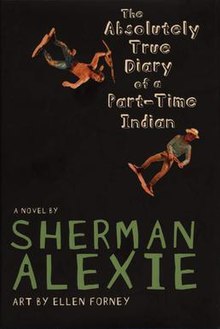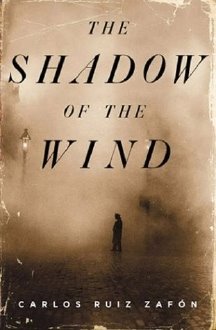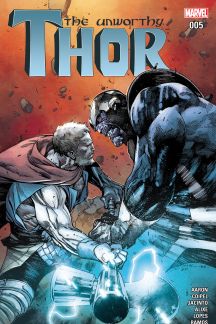Paradise is the third book in Craig Alanson's "Expeditionary Force" series, which runs four long novels and a novella. In the near future, Earth is invaded by the hamster-like Ruhar and saved/occupied/enslaved by the reptilian Kristang. In the series, humans are a technologically backward race, with even the Ruhar and the Kristang relatively low on the totem pole. The protagonist, Joe Bishop, a shockingly young colonel in the UNEF, gets help from an artificial intelligence created by a long-gone race known as the Elders, and the series is off and running.
The A.I. gets the name "Skippy the Magnificent," and he is effectively the most powerful being in the universe, but his programming prevents him from talking with beings capable of interstellar travel, so he must talk only with humans. He's by far the most interesting character I've read in science fiction in some years, perhaps ever. He and Joe Bishop are constantly trading barbs, and the series would almost be sci-fi comedy if it weren't so tragic.
In this novel, there are humans on the planet Paradise. They were brought there by the Kristang to supervise the local Ruhar population. When the Ruhar retake the planet and humans cooperate with them in a desperate battle to survive, the Kristang decree the humans enemy combatants. So, when the Ruhar trade Paradise and the humans on it for more valuable territory, Joe Bishop, Skippy, and their crew of "Pirates" must find a way to get the Ruhar to keep the planet.
I've read all three audiobooks in the past month and a half and the last two in the past week and a half, so you know this is a good series. Alanson isn't exactly great literature, so I intersperse my reading with books that are; before reading
Paradise, I read
The Beautiful and Damned, and now I'm reading
Moby Dick, although there is a great misconception that comedy isn't great literature or even great art. There are also complaints of spelling errors in the original text. Either way, I love these books.

















![Green Lanterns (2016-) #22 by [Humphries, Sam]](https://images-na.ssl-images-amazon.com/images/I/617FIfYTJ4L.jpg)

















